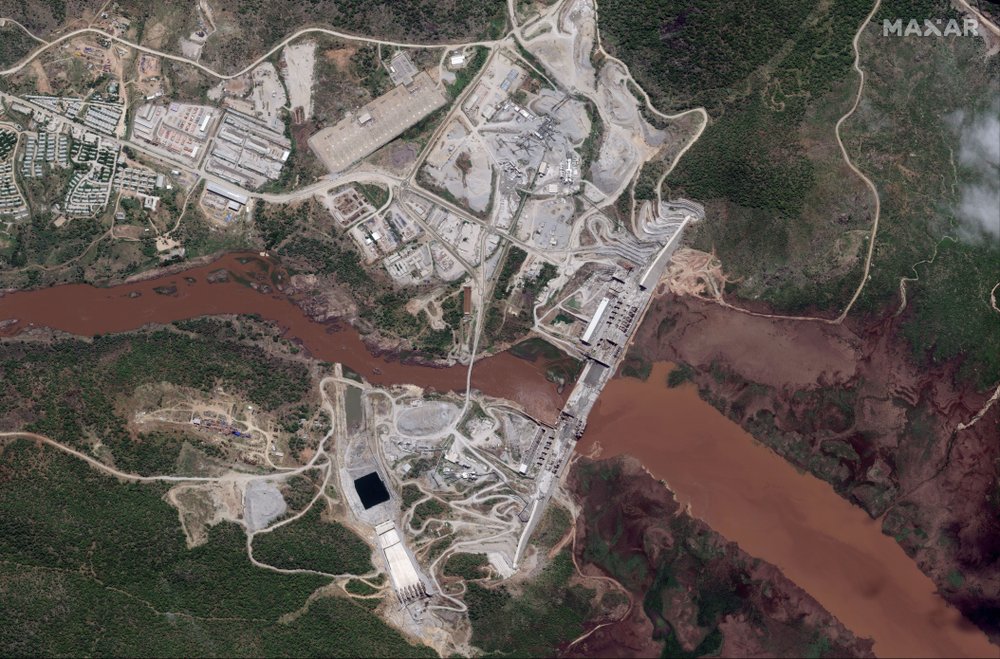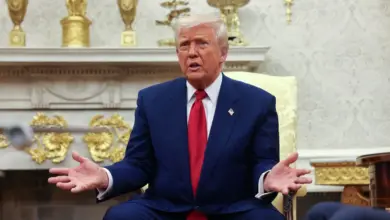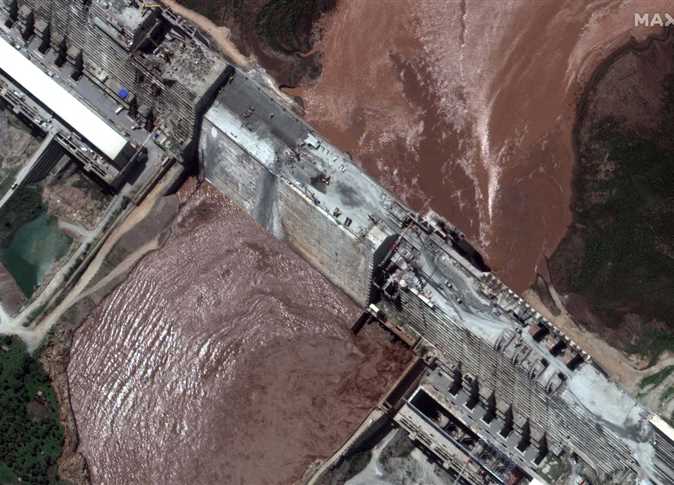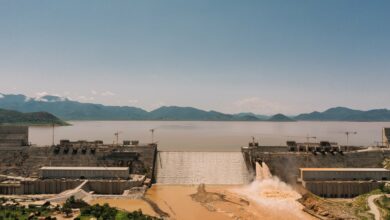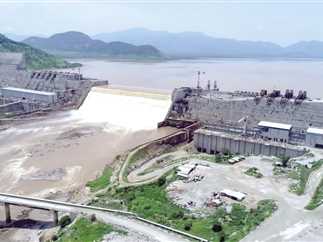
The European Commissioner for Neighborhood and Enlargement Olivér Várhelyi said that the European Union is ready to contribute to finding a solution acceptable to all parties regarding the Grand Ethiopian Renaissance Dam (GERD) dispute.
In an interview with Al-Masry Al-Youm during his visit to Cairo, Várhelyi explained that water is one of the important issues for this region, and so cannot be disputed or withheld from any of the parties.
“Therefore, we, as the European Union, are ready to contribute to reaching a solution acceptable to all parties,” he assured.
The European Union also mobilized funding to support Egypt’s budget, amounting to 118 million euros, to help meet challenges in the water and energy sectors.
It also provided 100 million euros in grants to Egypt to be able to keep pace with the looming food crisis within the nation and the region.
He added that the implementation of cooperation programs related to immigration and security was proposed to help Egypt complete its work to combat illegal immigration, and host Syrian citizens who fled the war.
Thus, the total European contribution to Egypt will be 300 million euros in this visit.
Egyptian President Abdel Fattah al-Sisi met with Várhelyi on Wednesday, and stressed Egypt’s firm position in reaching a binding legal agreement regarding rules for filling and operating the GERD in accordance with the relevant international laws.
During the meeting, Sisi said this is an existential issue for Egypt and its people.
The project manager of GERD Kifle Horo had admitted in statements to Al-Arabiya TV late last month, that Egypt and Sudan might be affected by the filling operations of the dam, noting that the third filling would be in August and September.
Despite the possible effects on the downstream countries, he ruled out stopping the third filling process, considering it automatic. He stressed that the process of building the Renaissance Dam will not stop for any reason.
Negotiations over the GERD have officially stopped since April 2021, after Egypt, Sudan and Ethiopia failed to reach an understanding before the start of the second filling of the dam, which Ethiopia implemented in July.
Cairo and Khartoum reject Ethiopia’s insistence on filling the dam before reaching a binding agreement on filling and operation.
Egypt, which relies considerably on freshwater from the Nile, has voiced fears that the GERD would negatively impact the country’s water supply.
Egypt has also insisted that measures be put into place to protect downstream countries in case of drought during the dam’s filling process.
Egypt and Sudan say they want a legally binding agreement, while Ethiopia says any pact should be advisory.
Egypt and Sudan consider the dam a threat to their vital water supplies, while Ethiopia considers it essential for development and doubling its electricity production.
The downstream nations fear possible blows to water facilities, agricultural land, and overall availability of Nile water.
Negotiations over the dam between Egypt, Ethiopia, and Sudan have stalled for years, with the three parties ultimately failing to reach any concrete agreement.
The disputed dam is the largest hydroelectric project in Africa, with a cost of more than four billion dollars. The construction of the dam began in 2011.
It is considered to be one of Egypt’s most serious water issues.
Edited translation from Al-Masry Al-Youm

